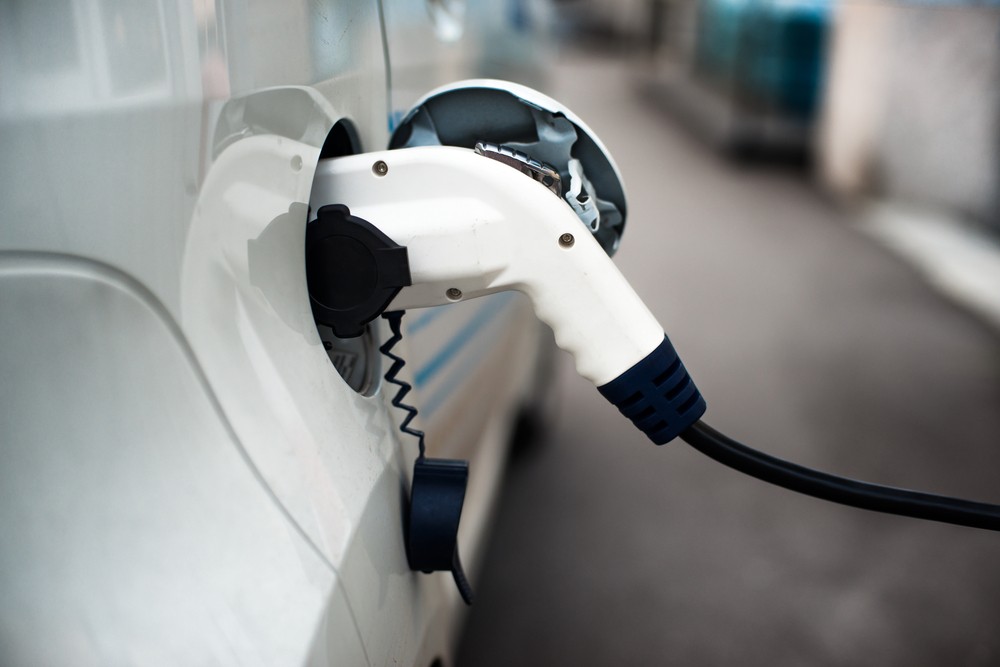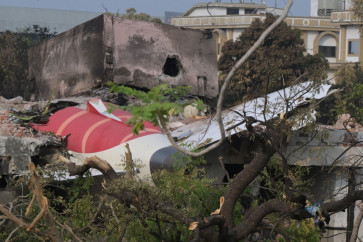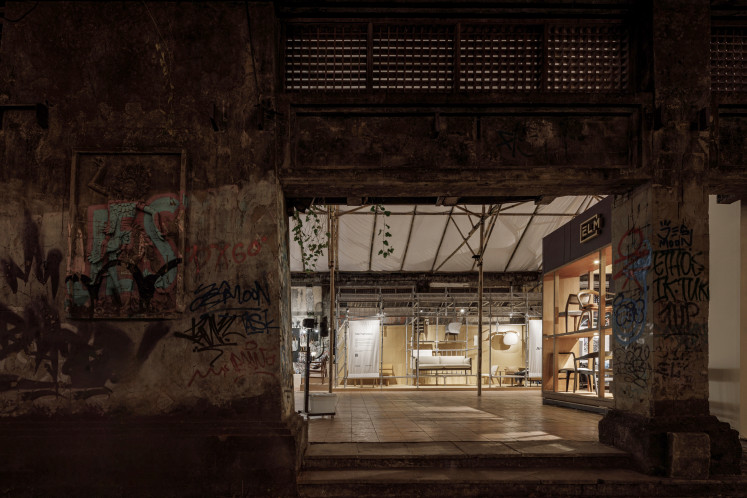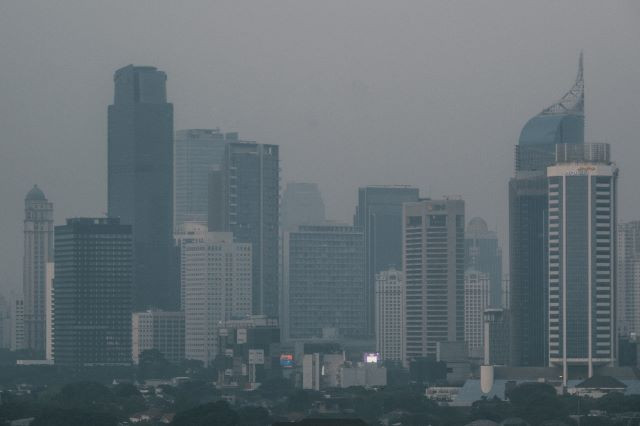Popular Reads
Top Results
Can't find what you're looking for?
View all search resultsPopular Reads
Top Results
Can't find what you're looking for?
View all search resultsITB develops electric 'angkot' for future smart city
The Bandung Institute of Technology (ITB) is continuing its work to develop electric vehicles.
Change text size
Gift Premium Articles
to Anyone
 Plugging in an electric car to charge the battery. (Shutterstock/-)
Plugging in an electric car to charge the battery. (Shutterstock/-)
T
he Bandung Institute of Technology (ITB) is continuing its work to develop electric vehicles. After previously making prototypes of an electric minibus, a transport truck and a private vehicle, tempo.co reported that it is currently focused on creating an electric angkot (public minivan), a trike (three-wheeled motorcycle) and a road sweeper vehicle.
The Indonesian Endowment Fund for Education (LPDP) is reportedly granting Rp 20 billion (US$1.51 million) annually to campuses that are involved in electric car research and development.
(Read also: ITB, UGM, UI named top three universities in Indonesia)
The decision to focus on angkot was made based on strategic thinking for a future smart city public transportation system. “So there'll be mutual integration between angkot as feeders for electric buses, Light Rail Transit [LRT] and high-speed trains,” said the head of ITB's electric vehicle design team, Yannes Martinus Pasaribu.
The electric angkot is currently still at Technology Readiness Level (TRL) 6 stage, which means it needs two more steps before it would be ready to be optimally mass-produced. "The battery has been prepared for one return trip of about 80 kilometers," said Martinus, adding that the battery needed between 30 minutes and four hours of charge time. (kha/kes)









